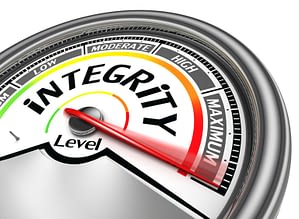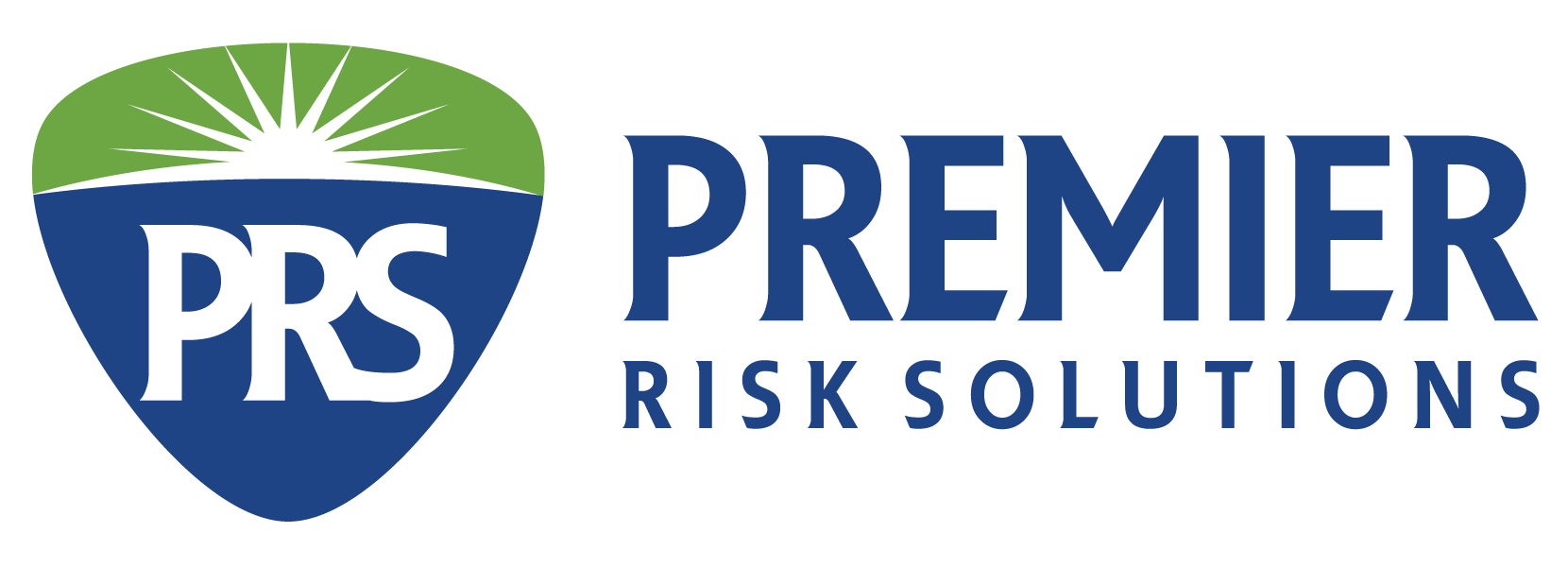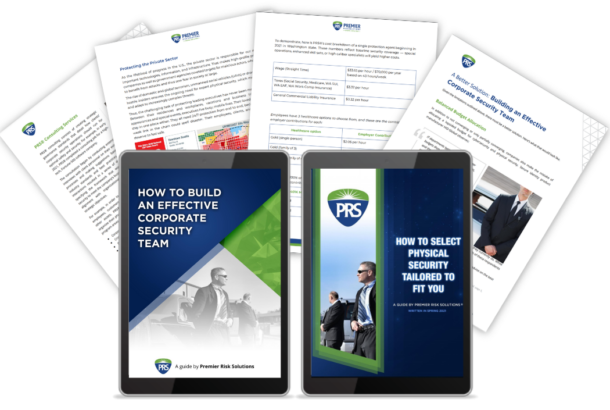Let’s start by advising that this is intended to be a high-level overview and not a state-by-state or metropolitan jurisdictional driven breakdown. However, if you are looking for such a thing, this is as decent a resource as one will find out on the net for information for a consolidated breakdown. Although we recommend going directly to the governmental entity in each respective state to elicit information directly from them as laws & statutes can change from year-to-year.
As a 2010 US Department of Justice funded research report points out, private security is an essential element of protecting persons as well as intellectual & physical property of business’ today. The private security industry has been experiencing consistent growth over the past approximate decade period of time as evidenced by a 2017 report by Statista detailing the global revenue forecast for private security to be approximately $96.3b by 2018. North America’s share of this is purportedly about 24%. Moreover, a Forbes article from August 2017 highlights that the US Department of Labor statistics claims there are over 1.1m private security officers in the US compared to 666,000 police officers. Buried within that number are that personnel operating in the Executive Protection industry as there is no separate line item for tracking this personnel specifically. The ranks within the Executive Protection segment of the industry however are growing rapidly. With each passing week/month/year there is more and more high net worth individuals coming into their own. This is causing the rapid growth within this segment of the private security services field and the need for professionalization, standards, and best practices now. With all of these moving parts in business growth, training, recruiting, hard skills, soft skills, operational tactics, etc. we cannot lose sight of our ethics. Our ethics define who we are. The French Philosopher, Albert Camus, is quoted as saying:

“A Man Without Ethics is A Wild Beast Loosed Upon This World“
There are numerous opportunities and temptations out there for any one of us to let our ethics slide. This is however a very slippery slope. I would go so far as to say that a person’s ethics are exemplified as to what they do (how they act) when no one is looking or watching over them. Statutes, laws, regulations, licensing, best practices, etc exist for rules and creating/operating on a level playing field with each other. There are some who may wish to try to bend or break said rules. They’re out there today and they give all of us who make every attempt to operate above-board a bad reputation as their actions impact the industry negatively as a whole. It’s such actions that make the news, unfortunately. Take a look over the news reports on the private security monitor from the University of Denver and you will see news stories that are generally negative towards actions taken (negligent or otherwise) by private security personnel. Those that do follow the rules generally aren’t in the news. These are the entities and people that businesses desire to do business with, at least on the surface level of things (it will get you a “foot in the door”).
How does one operate ethically in private security? Here is a list of examples (not all-inclusive):
- Do not give or accept bribes of any kind
- Do not make promises you cannot or do not intend on keeping
- Do get all appropriate licenses to operate in any state or municipal area you intend on performing business
- Do get appropriate insurance levels (typically mandated minimum by state regulations, however, some specific clients may require a higher level(s) of insurance)
- Do utilize only licensed personnel for the area an operation is taking place within (i.e. if an individual is properly licensed in Washington but you have a project in Oregon just because they have a license in WA and are willing to accept the assignment does not mean they can legally operate in OR themselves based on their WA issued credentials).
- Ensure you keep your certifications and licenses up to date/current. It is your responsibility to comply with the state or municipal government and/or client requirements for the assignment. You own the certifications and in many instances also the license(s); be sure they are not expired. If they do expire, it would likely bar you from an assignment until they are renewed and current.
- Ensure you carry your current credentials on your person during any assignment. If a person of authority from the property or law enforcement requests you to produce identification, show them your current licenses as appropriate for your geographic location.
- If you are acting in a subcontract capacity to another vendor company, do not issue out your company’s business card and/or similar information or solicit the other vendor company’s client for their direct business moving forward. This is bad mojo and will generally get around that you attempt to steal business. Not a reputation anyone wants in this industry for long term success.
- Do not post on social media outlets before or during an assignment any information about your assignment (i.e. location, principal or company, schedule, etc details). We work under non-disclosure, confidentiality agreements and must maintain operational integrity at all times. Upon completion of the assignment if you wish to make a benign post about the assignment that is vague in it’s nature (nothing client specific, unless you have their expressed permission) that would be the time to make a post on social media if you must.
- Do not speak with any members of the media about your client or your assignment. This is best reported to the client directly for their handling and/or your employer’s management but should be contained within your Op Orders or Company Handbook for reference.
- Do work cordially and be cooperative with your peers and colleagues when it’s appropriate to do so (share information). If there is a subject (person) whom is presenting a significant threat to the public that you know about and there is/are other protective services agents working another principal or assignment nearby you, it is likely wise best practice to share that information with that protective team as well as so they too can take proper preventative measures for their team and principal.
- If something goes awry on your assignment, be honest and transparent about it with your client and management team. If you are not, no one will learn from the opportunity and it could cause potential stress or liability to the operational plan if it goes uncorrected.

Ensuring that a vendor agency as well as an individual(s) are operating ethically (and legally) is a risk management strategy incorporated into operations for those who may hire or utilize them. If the agency or individual does not have a strong Code of Ethics or regularly practices a strategy of “cutting corners” it will eventually catch up with them in the long term. As our industry continues to grow and expand our people operating within it will as well…let’s be sure to pass along strong operational ethics to ensure their longevity!
Trusted Global Private Security Services
Serving US: Seattle, Bellevue, San Francisco, San Jose, Sunnyvale, Cupertino, Fremont, Milpitas, San Mateo, Palo Alto, Sacramento, Los Angeles, Orange County, San Diego, Las Vegas, Reno, Portland, Vancouver WA, Honolulu, Denver, Salt Lake City, Dallas, Houston, San Antonio, Austin, Chicago, Columbus, Atlanta, Tampa, Orlando, Miami, Charlotte, Washington DC, New York City, Boston
Serving International: Vancouver Canada, Mexico, Guatemala, Panama, Brazil, Argentina, Chile, Peru, Ireland, United Kingdom, France, Spain, Italy, Switzerland, Germany, Czech Republic, Netherlands, Poland, Hungary, Turkey, Ukraine, Russia, Saudi Arabia, United Arab Emirates, South Africa, Kenya, Nigeria, Algeria, Egypt, India, Bangladesh, China, Thailand, Cambodia, Vietnam, Philippines, Indonesia, Japan, South Korea

